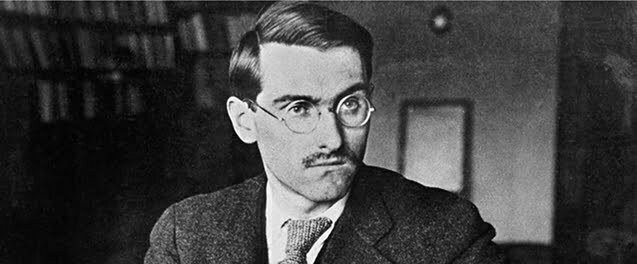
Jean Anouilh portrays France’s moral struggle
On this day in 1910 the French dramatist Jean Anouilh was born.
Much of Anouilh’s drama was produced during some of France’s darkest days during and after World War II. He is perhaps best known for his adaptation of Sophocles’ great play Antigone which many saw as an allegory of the moral struggle for the soul of France during the Vichy period.
His famous historical plays are on the theme of moral integrity in a time of compromise and collapse. Although Anouilh foreshadowed later writers such as Beckett and Ionesco, his realism and traditionalist structure eventually took him out of fashion. He was shortlisted for a Nobel Prize and remains a giant among twentieth century dramatists.
Here is part on Antigone’s great speech on morality, from Sophocles’ play Antigone:
Antigone, speaking to Creon, King of Thebes:
“Yes; for it was not Zeus that published that edict;
The justice of the Gods below and their laws are not thus given to men,
I do not consider that your decrees have such force, that a mere man can override the unwritten and infallible laws of heaven.
For such laws are not of to-day or yesterday, but of all time, and no man knows when they were first issued.
I would be ashamed to answer to the Gods for breaking their laws.
Die I must,-– I know that well (how should I not?) – even without your edicts.
But if I am to die before my time, I count that a gain: for when any one lives, as I do, beset about with evils, can one find anything but gain in death? So for me to meet this doom is trifling grief;
But if I had allowed my brother, my mother’s son to lie in death an unburied corpse, that would have grieved me more; for my own death I am not grieved.
And if my present deeds are foolish in your sight, it may be that a foolish judge will charge me for such folly.”
Today I give thanks for the brave and fearless people in the world.
